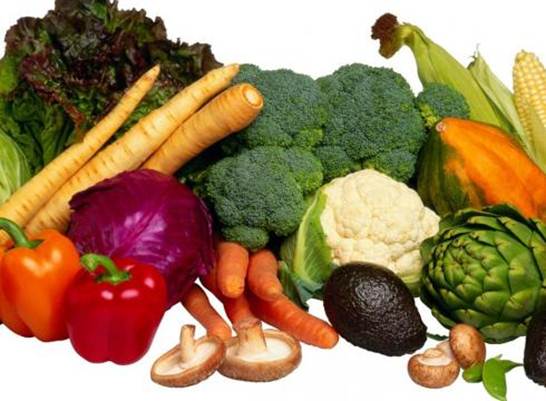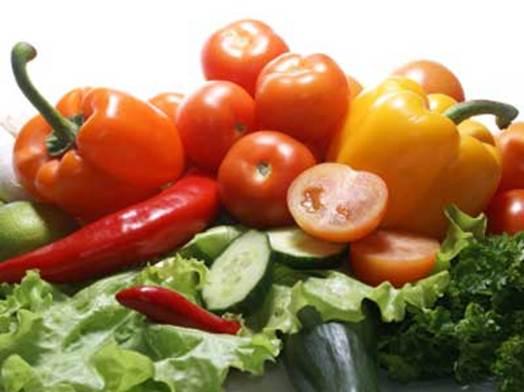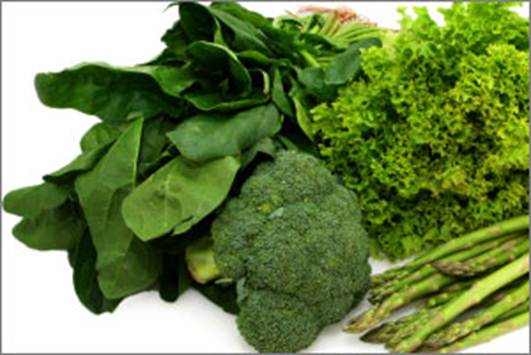With a simple diet tweaks, you can say
goodbye to foggy brain and forgetfulness, and boost your long-term brain
health, too. Lifestyle factors such as caffeine, alcohol, stress, fatigue and
depression are all linked to short-term memory loss as well as old-age
illnesses such as dementia and Alzheimer’s.

These factors, stress in particular, use up
your body’s nutrient reserves, leaving your brain cells starved of energy.

With
a simple diet tweaks, you can say goodbye to foggy brain and forgetfulness, and
boost your long-term brain health, too.
Your brain needs vitamin C to produce
neurotransmitters such as dopamine and adrenaline, which keep your memory and
focus sharp. A study at the University of Copenhagen, Denmark, found babies
deficient in vitamin C were at elevated risk of brain development and memory
problems. Vitamin B12, found in meat, eggs, pulses, almonds and dark green
vegetables, is important for regulating mood, maintaining mental clarity and
good blood flow to the brain and nervous system. Unfortunately, your body is
unable to store these water-soluble vitamins, so any excess is flushed out.
Keep levels topped up by regularly munching on foods such as mangos, low-fat
yoghurt, broccoli and chestnuts. Other important nutrients include potassium,
found in bananas and celery, which helps prevent stroke.
As you may have already guessed, if you eat
veg you’re on to a winner. A 25-year Harvard Medical School study of more than
13, 000 women found cruciferous and green leafy vegetables had the biggest
memory-boosting effect. Red fruits and vegetables, including beetroot, cherries
red grapes and plums, contain high levels of antioxidants shown to reverse
age-related memory deterioration. Veg aside, a study by Rush University Medical
Center in Chicago found people who ate fish at least once a week had a 10 per
cent slower decline in memory compared with those who didn’t. The study,
involving more than 3, 000 men and women, also found those who ate fish had the
memory and mental capacity of someone three years younger.

Red
fruits and vegetables, including beetroot, cherries red grapes and plums,
contain high levels of antioxidants shown to reverse age-related memory deterioration.
Your memory can be impaired by high blood
levels of homocysteine (an amino acid produced by the body mainly when you eat
meat). However, folic acid can directly lower homocysteine levels. In an
Australian study, after five weeks taking folic acid, women showed overall
improvements in memory. Try eating foods fortified with folic acid, such as
whole-grain breakfast cereals, plus foods naturally rich in this nutrient such
as lentils, spinach, green peas, artichokes and broccoli.

Try
eating foods fortified with folic acid, such as whole-grain breakfast cereals,
plus foods naturally rich in this nutrient such as lentils, spinach, green
peas, artichokes and broccoli.
Any foods that encourage circulation and
healthy blood flow (bioflavonoid –rich fruits such as apricots and prunes, and
cinnamon, which prevents blood cells from clumping) will ensure oxygen and
nutrients are carried to your brain’s cells to keep them alive and kicking.